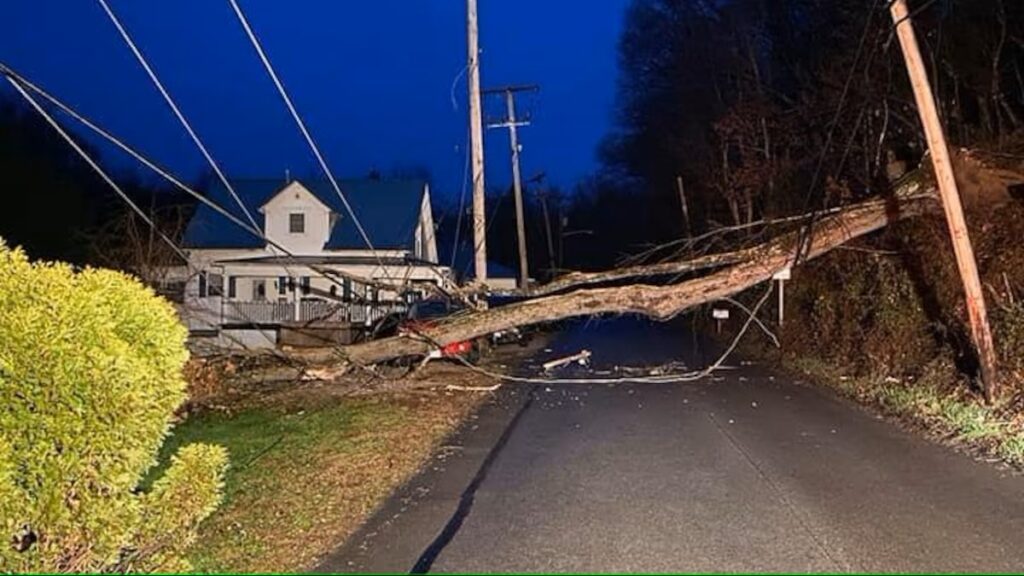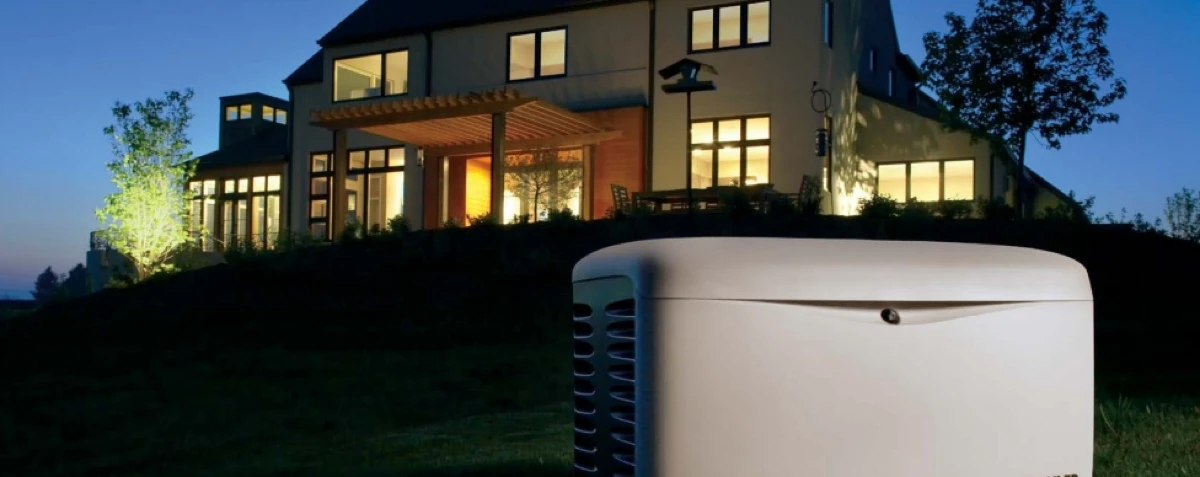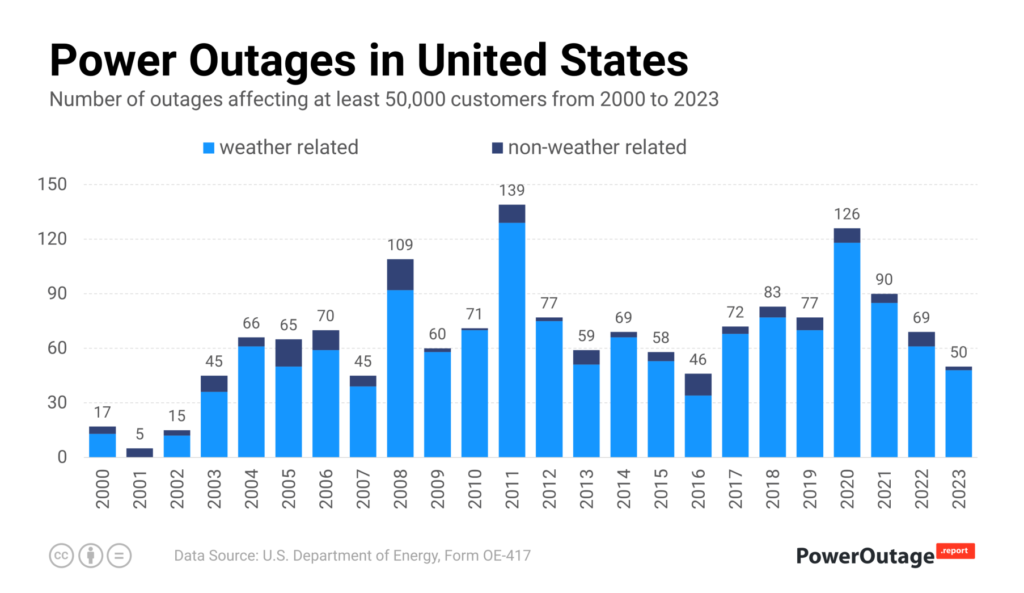Are you wondering if a standby generator is worth the investment? It’s a valid question. At first, it may seem like a significant expense for something that won’t add aesthetic value or have daily usage. But if you’ve noticed neighbors installing them or seen their growing popularity, there’s a good reason. Power outages—whether caused by storms, hurricanes, or aging grids—are becoming more frequent. A standby generator can protect your home, save money in the long run, and eliminate tremendous stress.
“Even if your generator never needs to run, it’s a sound financial decision. Standby generators increase home value at resale by an amount equal to, or … even greater than their cost.”
A Personal Story: How Our Generator Saved the Day
Thirteen years ago, we debated this same question. A few months earlier, we’d hosted a friend for nearly a week after a storm took out their power. Their losses, including an aquarium, left an impression on us. Weighing the cost-benefits for our situation, we installed a small 10kW Generac generator that could power our fridge, freezer, wi-fi, and a few other circuits for essentials we knew we’d need in an emergency.
We received our final permits the first week of October 2012. Anyone who lived at the Jersey Shore back then knows how lucky this timing was. On October 29, Superstorm Sandy paid a visit. During the next 6 days without power, we provided our generator-less neighbors with coffee, phone charging, and a few moments of warmth. With no food waste and a toasty home, we quickly discovered our little power system was well worth the investment.

Will I Recoup My Investment in a Standby Generator?
When evaluating whether a generator is worth it, ask yourself:
- What will I lose if the power goes out? Consider perishable groceries, sump pump failure, frozen pipes, or even the impact on pets with aquarium systems.
- What’s the emotional and financial cost of dealing with insurance claims? High deductibles, uncovered losses, and the time required to recover add up quickly.
- How many outages might I face during my time in this home? The US Power Outage Statistics chart below may offer some clues.
The total cost of these losses can easily surpass the price of a standby generator. And beyond financial savings, there’s the comfort of knowing your home will remain livable during an extended outage.
Even if your generator never needs to run, it’s a sound financial decision. Standby generators increase home value at resale by an amount equal to, or, according to some studies, even greater than their cost. Plus, many homeowners see insurance savings of 5–10% annually.
What About a Portable Generator?
Portable generators are initially more affordable, but they come with significant downsides:
- They don’t detect outages or turn on automatically, leaving your home unprotected if you’re away.
- Manual setup is required, which can be inconvenient or even dangerous without the proper expertise.
- Their small fuel tanks need frequent refueling, which may not be possible during a major storm.
- They power fewer circuits than a residential standby generator, limiting their helpfulness.
While portable generators have their place, they lack the convenience, reliability, and long-term benefits of a standby generator.
The Bottom Line
A residential standby generator is a smart investment, especially here on the East Coast where outage-causing storms are increasing. They eliminate the stress, discomfort and financial setbacks of power losses, reduce homeowner’s insurance costs, and add home value at least equal to their price tag.
Don’t wait for the next storm—reach out to us for guidance and a free estimate today!

